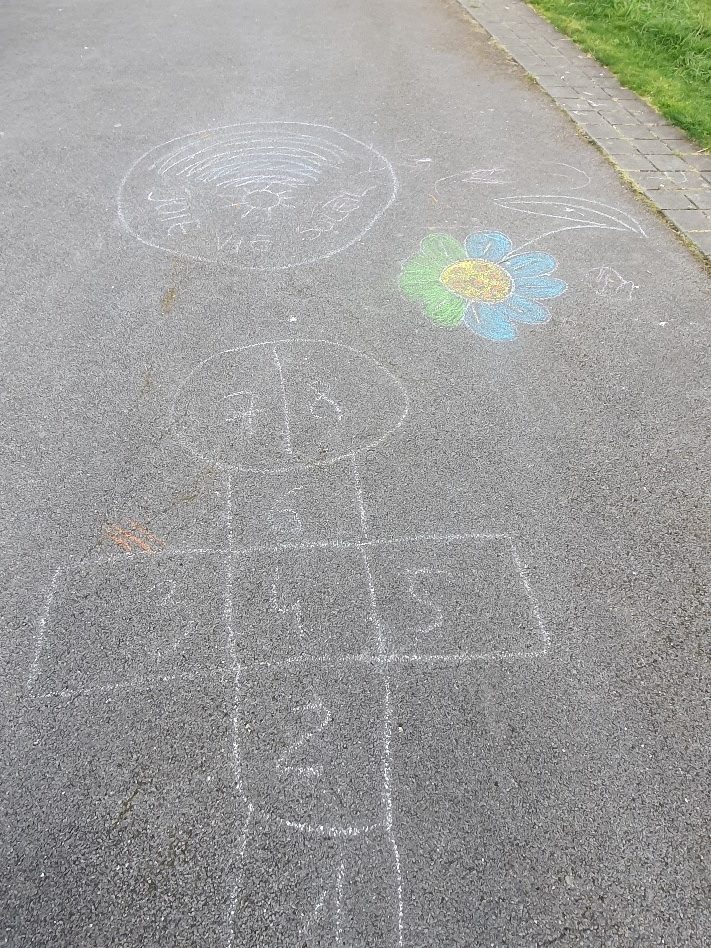MBAs are sometimes imagined as managerialists, steeped in one-size-fits-all systemic models and cutthroat NPV formulae. Yet today’s “managerial class” plays a nuanced role. As our economics professor Ralf Boscheck observed, every complex society needs intermediaries between the owner class and the working class – and as labor becomes more specialized, society more complex and scaled, and ownership more diffuse, power shifts towards those engaged in managing production, personnel, operations, finance, or bureaucracies.
Over the last several weeks, in IMD’s “Business and Society” course, the MBA class of 2020 has been wrestling with the political and social implications of the ongoing managerial revolution. Can it be that the only “social responsibility” of business is to increase its profits, or is it prudent for the power elite to demonstrate some noblesse oblige?
Professor Knut Haanaes has helped our class imagine more collaborative and constructive relationships between corporations, governments, and societies. “Stakeholder theory” suggests that business decision-making should encompass all people and entities who might be impacted by a given decision – from employees to customers to local communities and even to abstractions like global health, sustainability, and environmental preservation.
Today’s managers should be well-versed in the potential of public-private cooperation and its attendant individual moral choices, corporate strategic decisions, and systemic or philosophical challenges. Seeking such awareness, we drew upon the expertise of experienced professionals:
- IMD hosted Yves Daccord, former director-general of the ICRC, in a discussion of the business implications of COVID-19 and public health generally.
- Another class session considered the challenges of climate change and sustainability with Marco Lambertini, director-general of WWF International.
- And over the last two days, professor Carlos Cordon led the class through an in-depth case study and essay-length brainstorming session regarding potential commercial solutions to antibiotic resistance.
Over the next few weeks, groups of participants will develop ways to apply the UN’s Sustainable Development Goals – each group of five or six of us will focus on one goal and prepare an essay exploring where we stand, what holds us back, and how businesses could have greater impact, with your humble author’s group seeking ways to “end poverty in all its forms everywhere.”
In tandem with our studies of corporate social responsibility and the modern role of the firm, we have continued our Leadership coursework under professor Jennifer Jordan, engaging in case-study-rooted deep reflections concerning truth, lies, trust, belief, and the role of each in managerial contexts. We studied and tested our guilt proneness and our value judgements about the meaning of life and time. As Heraclitus observed, “character is fate” – and our degree of self-mastery and self-honesty directly impacts our ability to lead and judge the honesty of others.
Applying these abstract lessons, we collectively participated in a simulation of investor/trustee relations, investing capital and distributing returns. In the aftermath of this simulation, the class discussed how to build or repair trust and some of the best practices for values-based organizational leadership. Thus, we navigated not only large-scale corporate or organizational responsibility, but also individual responsibility and conduct on a smaller scale.
Throughout these activities, among others, IMD’s administration and staff worked tirelessly behind the scenes to juggle schedules, manage online meetings, resolve technical issues, and pilot the scholastic ship. We are still under quarantine, but the “coronials” – as some in the class have playfully nicknamed our cohort – are in good hands and good spirits. It helps, too, that spring is slowly giving way to summer; there are warm breezes and rains, and the parks and balconies are blooming. Just as honest cooperation and engagement between corporations and stakeholders gives us hope for our global future, so too does the changing weather inspire hope that Switzerland, and the world, will enjoy more near-term renewal, rebirth, and health.
In the weeks ahead, the MBA class will explore competitive advantage, marketing strategies and tools, the nature of “resilient” organizations and of corporate ecosystems, and continue our plunge into the worlds of accounting and finance.
We will also launch our class clubs, or “clusters”, hosting speakers and providing forums for participants to share expertise in topics ranging from fintech to energy to consulting to retail and luxury. And with the help of our Career Development Center, we will continue our networking, internship planning, international consulting project coordination, and preparations for post-IMD roles – preparing, that is, for our own re-entry into the managerial class.
In our increasingly interconnected yet fragile world, the internal contradictions of managerialism grow ever more apparent – social trust at war with the desire for universalism or human interchangeability, or efficiency at war with robustness. Working towards a resolution of these contradictions, we can hope that the class of 2020 will live up to the aspirational personal and organizational principles and goals that IMD has taught us.



